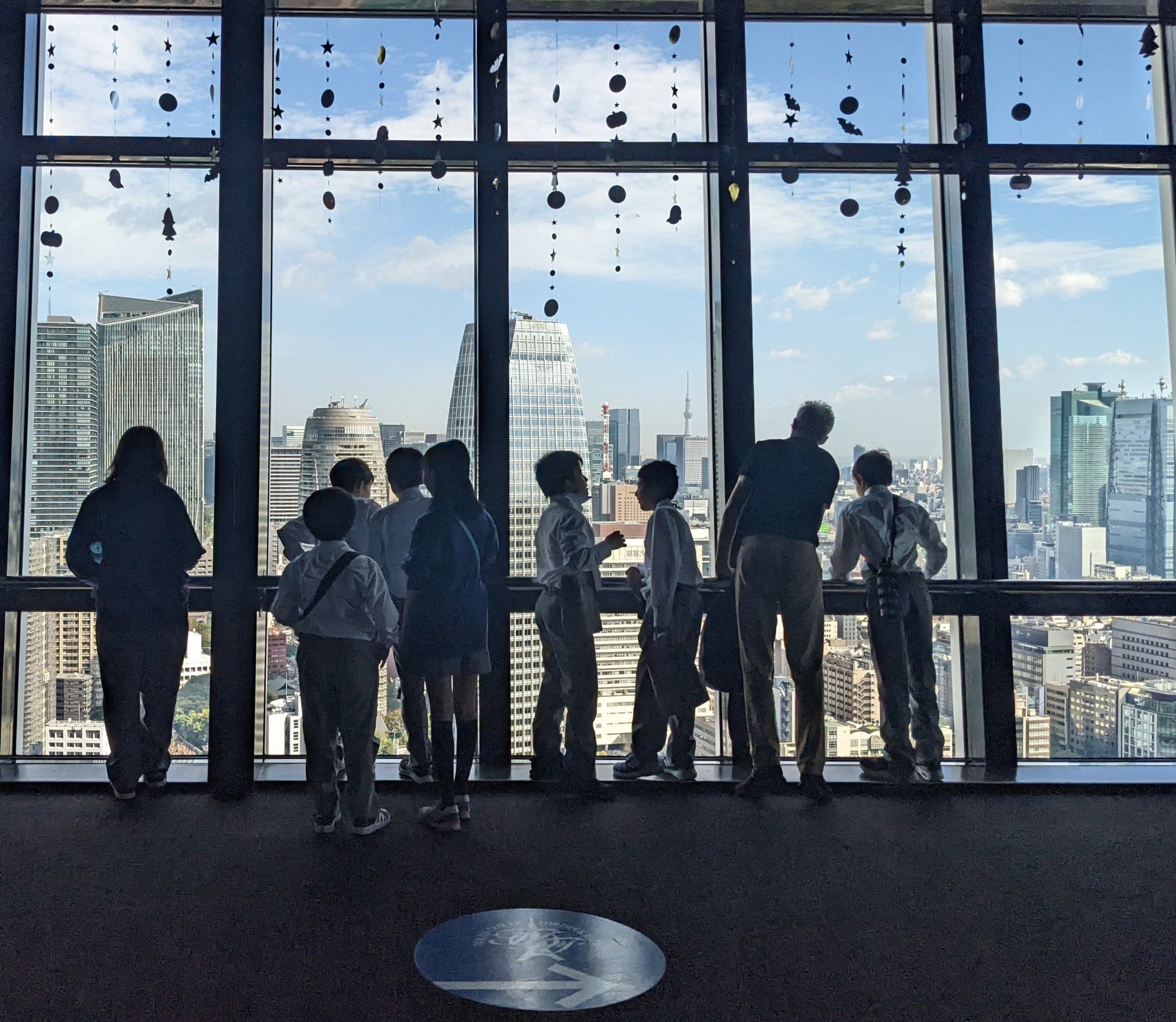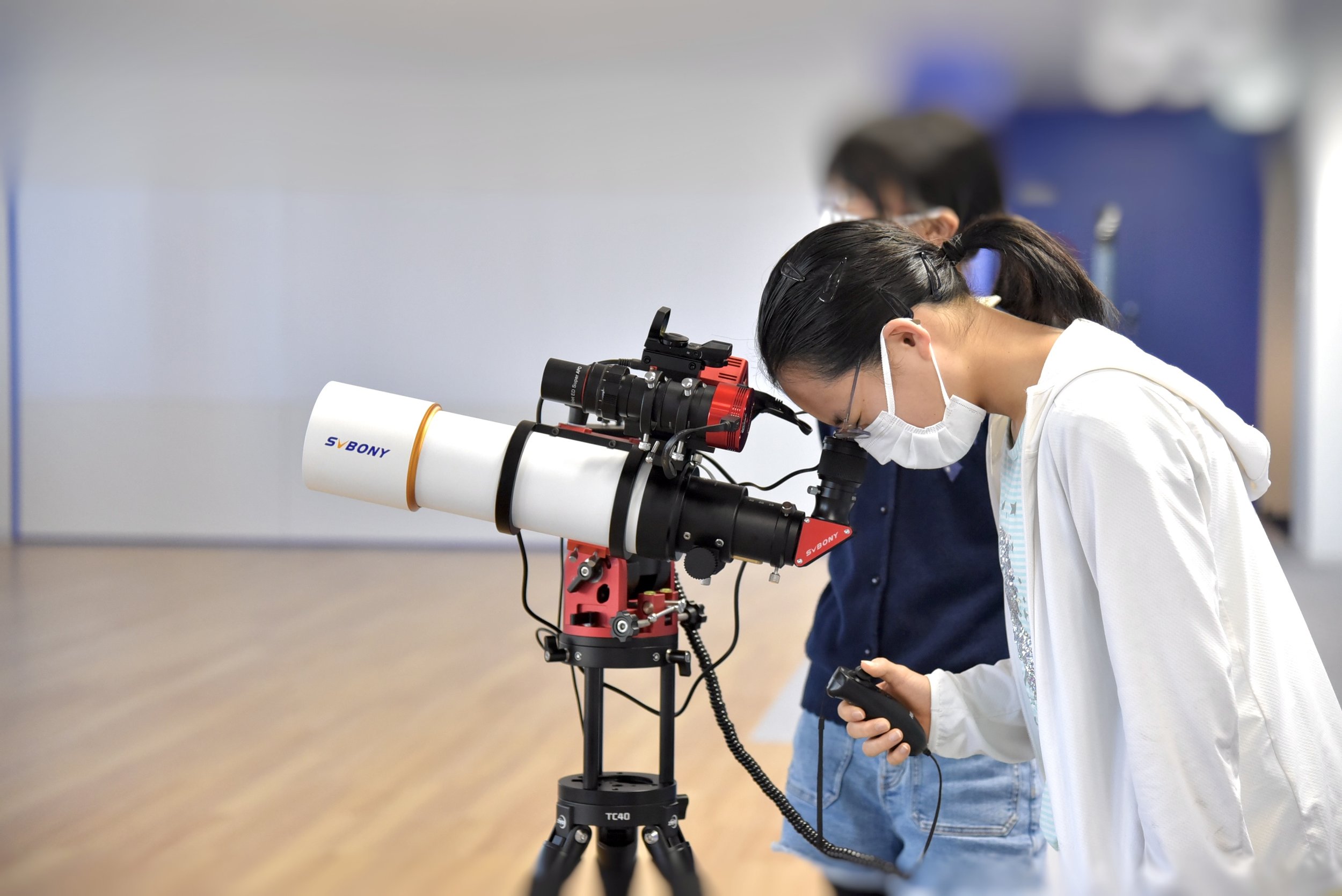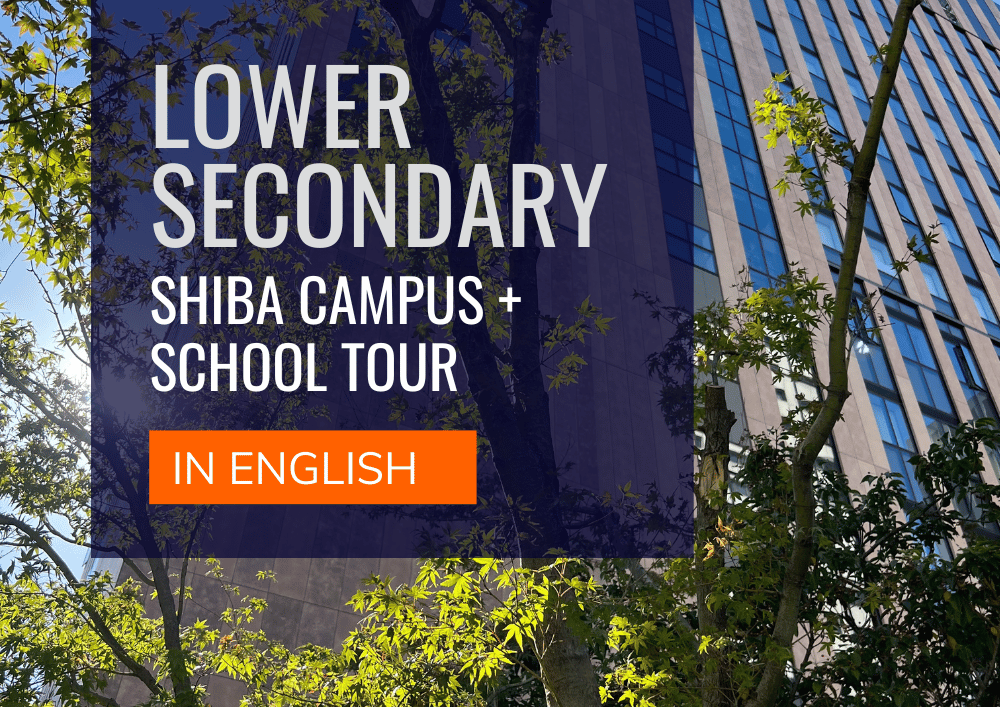
Secondary School
11 to 14 years - Making New Connections
(Upper Secondary to open in 2025)
Building upon a solid foundations, students start to examine the boundaries of science and think about ways to move past them. Secondary students have the opportunity to meet entrepreneurs, researchers and experts in the science community, demonstrating the value of sharing knowledge and building insight.
Welcome to Secondary
Secondary School students at Laurus International School of Science benefit from unparalleled support as they mature in their educational journey. Teachers and mentors guide students and nurture their academic endeavors.
The Laurus Innovator Program, in tandem with the Cambridge International Curriculum, gives our Secondary students thorough preparation as they move through Cambridge IGCSEs towards A-levels, and on to post-Secondary education. This framework prepares our students to be global leaders, changing the future for the better.
STEM, Innovation & Entrepreneurship
Our Approach to Nurturing Future Change Makers
We create opportunities for students to connect with universities, businesses, research institutions, professionals and entrepreneurs. Going beyond the classroom walls to meet subject matter experts offers a bridge between knowledge and real world applications.
Important Announcement
~~
Important Announcement ~~
Commencement of Cambridge IGCSE
Accepting applications from August 2024
We are delighted to announce the commencement of the Cambridge IGCSE program for the 2025-2026 academic year, marking a significant milestone in our commitment to academic excellence and innovation in education.
The Cambridge IGCSE curriculum is designed to foster intellectual curiosity, critical thinking, and practical application in Mathematics and Science. With a global reputation for excellence, this program equips our students with the knowledge, skills, and qualifications necessary to succeed in an increasingly competitive and interconnected world. Read more >

School Life
A window into the everyday moments that shape our students’ life at Laurus.














